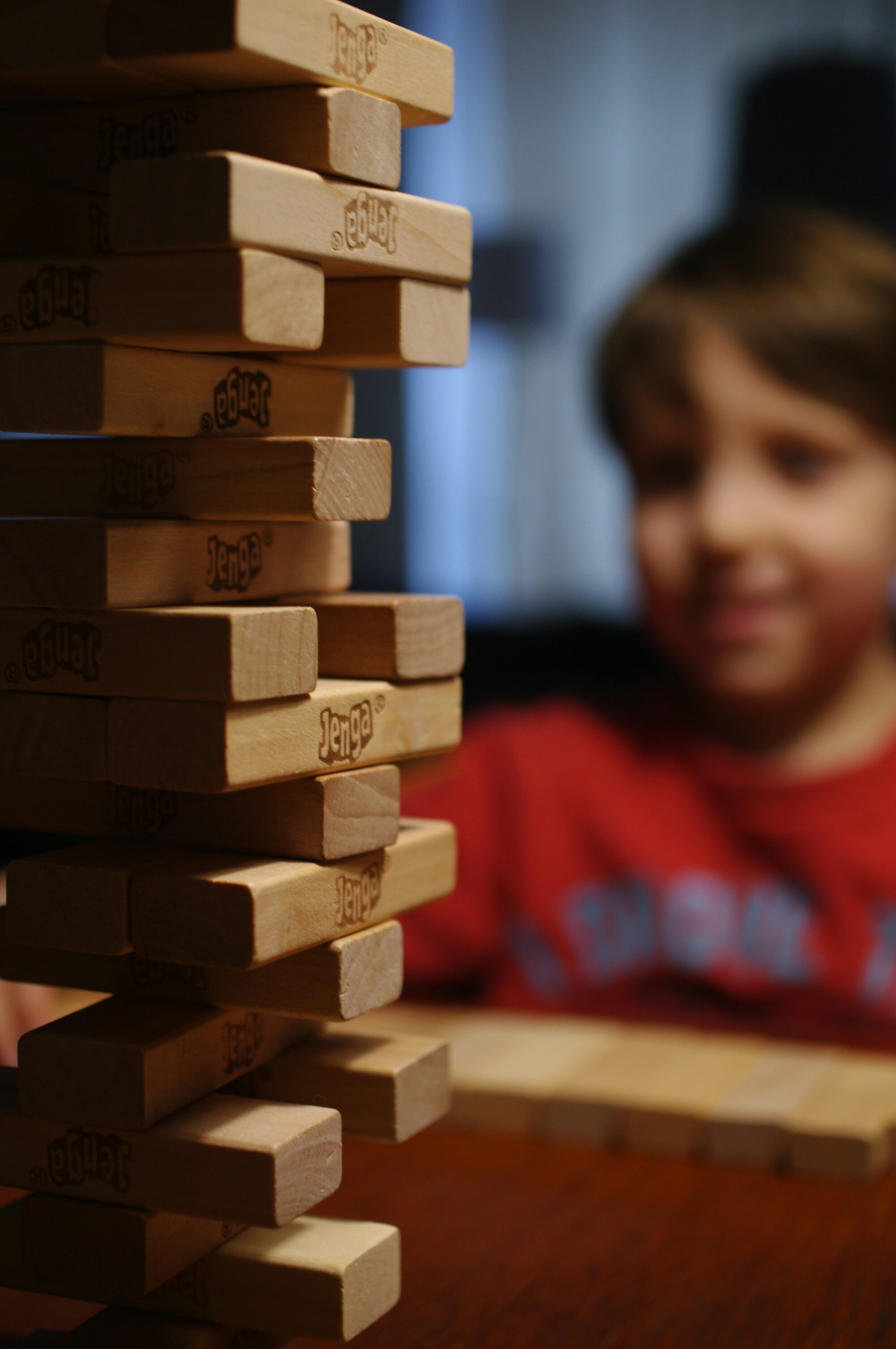Play Therapy: A Powerful Tool for Young Children’s Emotional Expression
Play therapy is like a super cool game where kids can express their feelings and learn how to handle tough stuff. It’s a lot different from regular talking therapy because it uses play instead of words. Kids can draw, build, play with toys, or even just pretend to be someone else. This helps them feel safe and comfortable while they figure out what’s going on inside.
A play therapist is like a super awesome friend who helps kids have fun and learn new things. They’re trained to understand kids and know how to make therapy sessions exciting and engaging. They create a safe space where kids can be themselves and explore their emotions.
How Play Therapy Can Help Young Children
-
- Emotional Expression: Play provides a non-verbal way for children to express their feelings, which can be difficult to articulate in words.
-
- Stress Reduction: Engaging in play activities can help children manage stress and anxiety.
-
- Coping Skill Development: Play therapy can teach children healthy coping strategies for dealing with challenges.
-
- Relationship Building: The therapeutic relationship formed between the child and the play therapist can foster trust and support.
-
- Trauma Processing: For children who have experienced traumatic events, play therapy can provide a safe space to process and heal.
The Therapeutic Process in Play Therapy
A typical play therapy session involves the child and the therapist engaging in various play activities, such as drawing, painting, building with blocks, or playing with dolls or figurines. The therapist observes the child’s play and interactions, and uses these observations to gain insights into the child’s thoughts, feelings, and experiences.
The therapist may also engage in dialogue with the child, asking open-ended questions and reflecting back the child’s statements. This can help the child explore their emotions and develop a deeper understanding of themselves.
The Benefits of Play Therapy for Children
Play therapy offers numerous benefits for children, including:
-
- Improved emotional regulation: Play therapy can help children better manage their emotions and cope with stress.
-
- Enhanced self-esteem: Through play, children can develop a positive sense of self and build confidence.
-
- Improved social skills: Play therapy can help children develop empathy, communication skills, and healthy relationships with others.
-
- Reduced anxiety and depression: Play therapy can be effective in reducing symptoms of anxiety and depression in children.
-
- Trauma recovery: For children who have experienced traumatic events, play therapy can provide a safe space to process and heal.
Play Therapy for Different Age Groups
Play therapy can be adapted to meet the needs of children of different ages. For infants and toddlers, play therapy may involve activities like sensory play, object exploration, and interaction with caregivers. For older children, play therapy may involve more complex activities, such as role-playing, storytelling, and problem-solving.
If you’re seeking play therapy for your child, reaching out to a qualified professional is crucial. Ola Pono Counseling offers a team of experienced play therapists who are dedicated to helping children develop healthy emotional well-being.
Contact Ola Pono Counseling today to schedule a consultation and learn more about how play therapy can benefit your child.

